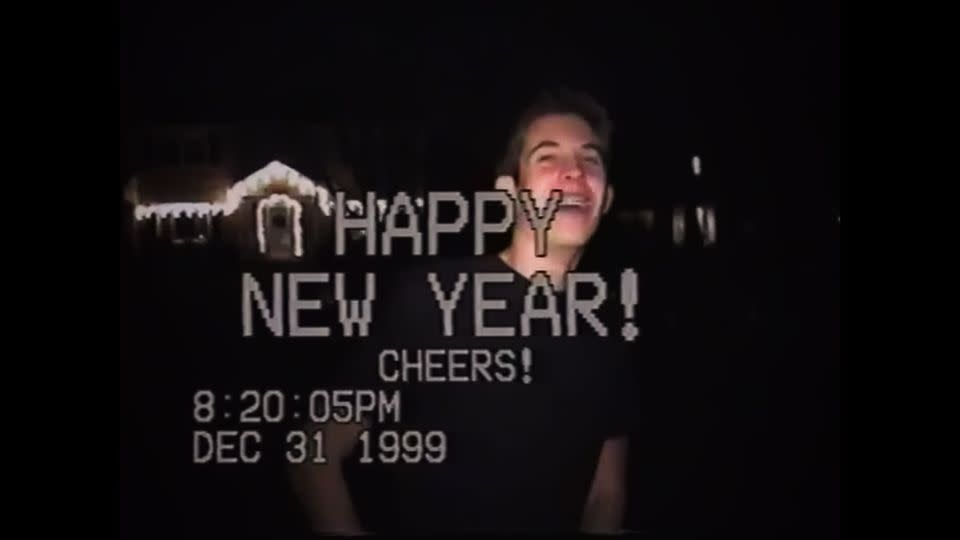‘Time Bomb Y2K’ ignites the media hysteria around the 20th century’s final freakout

“Time Bomb Y2K,” an HBO documentary about the panic related to the calendar switch to 2000 and the pandemonium “experts” warned would ensue, possesses an “Everything old is new again” quality, a semi-comical reminder that conspiracies and media hysteria don’t end but merely recycle. The only negative aspect is, by relying entirely on archival material, those featured needn’t answer today for embarrassing things they said and did then.
At the heart of the fears unleashed by Y2K resided an undercurrent still very much alive a quarter-century later: unease about the technology and information explosion, which the Clinton administration cast as a boon for society but that not surprisingly yielded concerns about those big, puffy clouds.
The documentary opens with people preparing for the end of civilization, anticipating a wholesale “meltdown” by the computer systems upon which society hinged. Heck, there’s even a clip of “Star Trek’s” Leonard Nimoy sounding concerned (and logical) about it in a special titled “Y2K Family Survival Guide.”
As the doc makes clear, it’s not that there was no cause for apprehension, only that as is so often true, many of the reactions quickly devolved into overreactions, making it hard to separate the sober analysis from the science fiction and charlatans.
The alarm bells prompted a spike in gun sales, naturally, but the scientific and technical Cassandras intertwined and intermingled with those whose fears were tinged in biblical prophecy. Although the government acknowledged it was working to avert any such disaster, the footage makes clear that there was ample interest in hearing from doomsayers and those issuing dire predictions, turning someone like computer expert Peter de Jager into a sort-of celebrity (getting in the spirit, de Jager shows up for one appearance, as his interviewer notes, wearing a Y2K tie.)
Among other things, “Time Bomb” makes a persuasive case that in a media culture where the squeakiest wheels get the grease (and airtime), there seemed to be little caution about platforming those crying wolf in the most provocative terms, and no real penalty for being conspicuously wrong. After the relief and exultation that greeted an essentially uneventful ushering in of the new millenium, life went on, even for those who looked foolish with the benefit of hindsight.
Directors Brian Becker and Marley McDonald do incorporate a few postgame interviews from the time, including one with de Jager, but “Time Bomb’s” major blind spot can be found there. A generation later it would be interesting to catch up with some of the people – from so-called experts to an early iteration of doomsday preppers – to explain themselves, if only to put the absurdities of the moment in greater context.
Allowing for that oversight, “Time Bomb Y2K” still speaks to the excesses of that earlier period in a way that connects directly to the present, providing a taste of how media frenzies happen filtered through the 20th century’s final freakout. And if a lot of these talking heads and people hoarding supplies appear silly now, imagine how ridiculous people are going to look when some bright filmmaker decides to sift through the absurdities of the current moment circa 2048.
“Time Bomb Y2K” premieres December 30 at 10 p.m. ET on HBO, which, like CNN, is a unit of Warner Bros. Discovery.
For more CNN news and newsletters create an account at CNN.com

 Yahoo News
Yahoo News 
